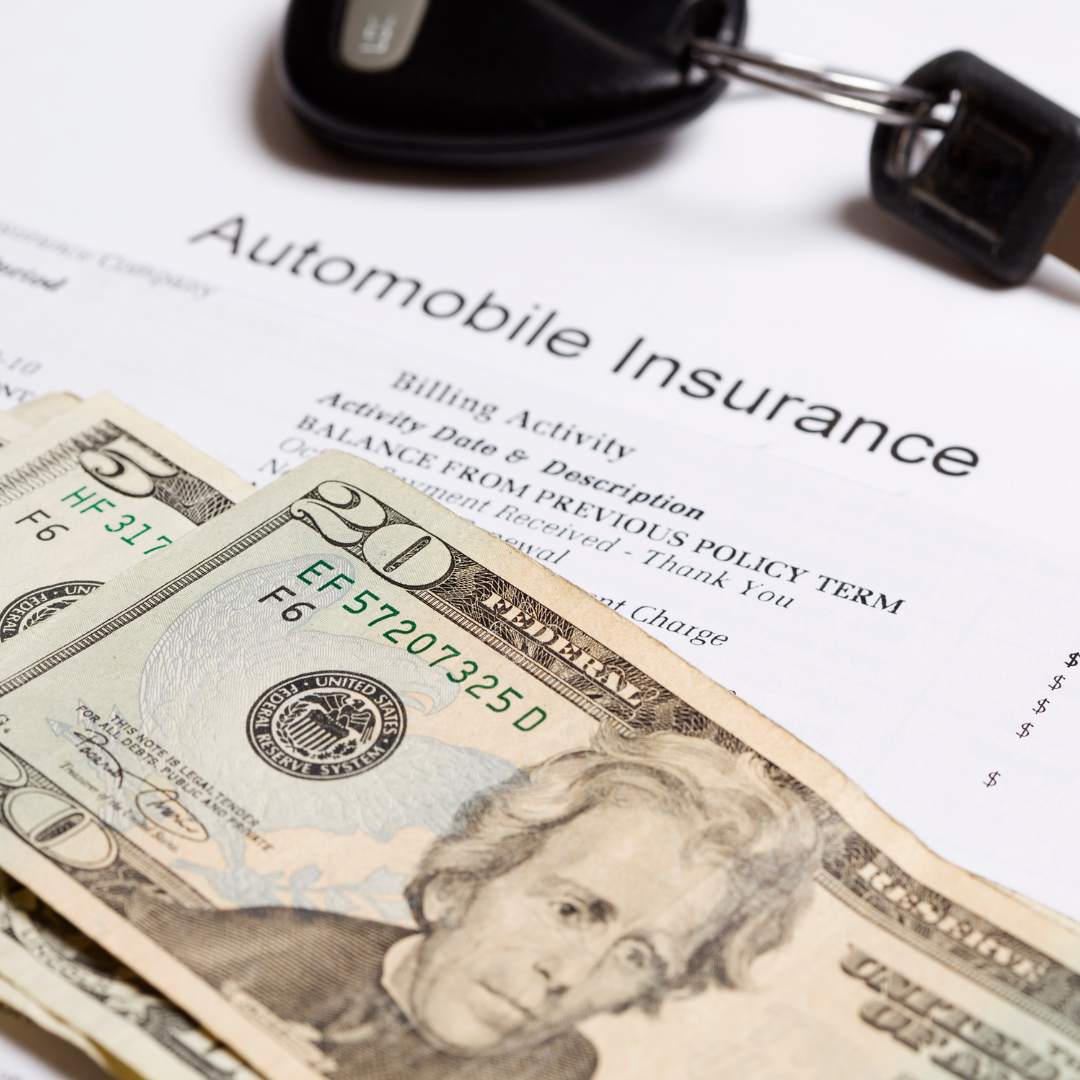Photography Insurance Demystified: What’s Covered and What’s Not
So, you’ve invested in your gear. You’ve got the camera, the lenses, the memory cards, tripods, batteries, maybe even a drone. Whether photography is your business or your passion, you know it isn’t cheap. And with that kind of investment, insurance becomes less of a maybe and more of a must.
But what does photography insurance actually cover? And where might you think you’re protected… but really aren’t?
What Photography Insurance Usually Covers
There isn’t just one kind of insurance for photographers. It usually breaks down into a few main categories. Depending on what you do and how you work, you might need one or all of them. This is why it’s wise to invest in photography insurance from a specialist provider, as they’ll make sure all bases are covered and nothing important slips through the cracks.
Equipment Cover
This is the big one. Gear cover, or contents cover, protects your physical equipment from damage, loss, or theft.
You’re typically covered if:
- Your gear gets stolen, whether from your home, studio, or out on location
- You accidentally drop a lens and it smashes
- There’s water damage to your camera from rain or a spill
- Your kit is damaged in a fire
That said, insurers expect some level of responsibility. If you leave your bag unattended in a public place or your car overnight, you may not be covered. Insurers tend to exclude negligence. Always read the wording carefully.
Public Liability Insurance
This kicks in if someone is injured or their property is damaged because of your work as a photographer. For example, someone trips over your tripod during a shoot and breaks their wrist, or you knock over an expensive vase while photographing in someone’s home.
This kind of claim can be surprisingly expensive. Medical bills, legal fees, and compensation all add up quickly. It’s one of those things you hope you never need, but if you do, it can save you a lot of stress and cost.
Professional Indemnity
Let’s say you’re hired to shoot a wedding. You turn up, do the job, but then something goes wrong. Maybe the memory card fails, and you lose all the photos, or the client says your work didn’t meet what was agreed.
Professional indemnity cover protects you against claims like negligence, mistakes, or failure to deliver. It often includes legal costs and any compensation you’re ordered to pay.
Not every photographer takes this out, but if you’re doing client work, especially events or commercial jobs, it’s worth considering.
Employers’ Liability
If you hire anyone, even just a second shooter on a freelance basis, you might be legally required to have this cover. It protects you if someone who works for you gets injured or becomes ill because of their work.
Some photographers don’t realise this applies even to temporary assistants. The rules aren’t flexible, and the penalties for not having this can be steep.
What’s Not Usually Covered (Unless You Ask)
Now, this is where many photographers get caught out. Not everything is covered by default. In fact, there’s quite a lot that’s only included if you specifically add it or opt for a higher level of cover.
Overseas Use
Planning to shoot a destination wedding? Or travelling with your kit for a photo tour? Your insurance might not automatically extend outside your home country. Many policies only cover you nationally unless you pay extra for worldwide cover. And even then, there might be exclusions based on location or length of trip. Always check the fine print before boarding a flight with your kit.
Drone Photography
Drones can produce stunning footage, but they’re also a liability risk. They crash, they get lost, they cause injury, and some insurers won’t touch them without additional premiums or conditions. Some policies exclude drones entirely unless you hold specific licences or operate under certain rules.
Data Loss
Lost images, corrupt cards, or failed hard drives aren’t always covered by standard policies. Even if they are, the payout might only relate to the value of the device, not the lost work. Some higher-tier policies include data recovery or loss of earnings linked to data loss, but basic ones usually don’t.
Personal Use vs. Business Use
If you’re using your gear just for hobby photography, you might think your home insurance covers it. But as soon as you start selling prints, shooting client work, or taking on paid gigs, you’ve crossed into business territory. That changes what kind of cover you need.
Home insurers often exclude business use, and even specialist photography cover may have limits unless you declare your commercial activity.
Unattended Equipment
This one catches a lot of people out. Let’s say you’re on a shoot and leave your gear locked in a car while grabbing a quick coffee. If your kit gets stolen, will you be covered?
It depends. Many policies only cover theft from a vehicle under strict conditions:
- The vehicle must be locked and alarmed
- Equipment must be out of sight
- Some only cover it during daylight hours
- Others exclude it entirely unless you’re staying in a hotel and parked securely
Don’t assume. Always double-check this.
Common Mistakes to Avoid
Even with insurance, things can go wrong if you’re not careful. Here are a few areas where photographers often slip up:
- Underinsuring gear – If you’ve picked a lower cover limit to save money, you could be left paying the difference when something breaks or gets stolen.
- Not updating your policy – Bought new gear recently? If you haven’t added it to your policy, it won’t be covered.
- Skipping the small print – Some policies have odd quirks. They might exclude certain brands, set excesses you weren’t expecting, or limit claims during travel. Don’t just skim the headlines.
- Assuming all damage is covered – Cosmetic damage, wear and tear, or manufacturer faults aren’t usually covered. If your lens just gets a few scratches but still works fine, you may not get anything.
- Using personal insurance for business – This is risky. Even if your personal cover seems decent, it probably won’t pay out for business claims.
Think Ahead, Not Just After
Insurance isn’t just about ticking a box or meeting legal requirements. It’s about protecting your work, your income, and your reputation.
If something goes wrong and you can’t deliver what was promised, or your equipment gets stolen days before a big shoot, having the right cover gives you room to breathe. You can sort out replacements, manage the fallout with clients, and keep your business moving.
But the key is planning before the problem hits. Review your cover regularly, ask questions, be realistic about what you need and don’t just go for the cheapest option. You want a policy that fits your workflow, not a one-size-fits-all template.
Make Sure You’re Actually Protected
Photography insurance isn’t all the same. Some policies look good on the surface but fall apart when you read the details. Others seem expensive until you realise how comprehensive they are.
Take the time to understand what your policy includes, what it doesn’t, and what you’re expected to do in return. It’s not the most exciting part of photography, but when something goes wrong, you’ll be glad you were prepared.










